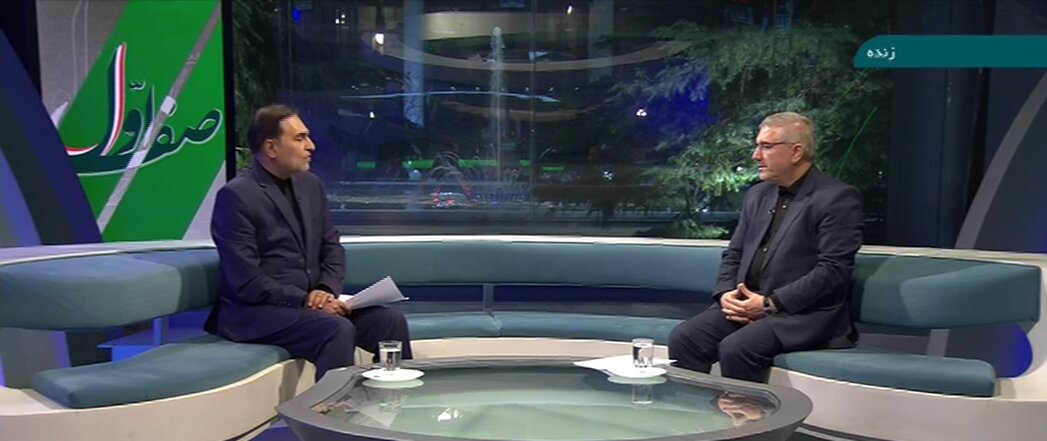PBO expects next year’s budget bill to be 98% realized

TEHRAN – The head of Iran’s Planning and Budget Organization (PBO) has said the national budget bill for the next Iranian calendar year 1402 (March 2024-March 2025) is expected to be realized by 98 percent, IRIB reported.
“The next year's budget will be realized with 98 percent certainty, events may affect it, but we do not have a hidden budget deficit in the budget,” Davoud Manzour said in a televised interview on Friday.
President Ebrahim Raisi submitted the national budget bill for the next Iranian year to the Majlis (parliament) on December 5.
The proposed budget for the next year amounts to about 54.18 quadrillion rials (about $108.36 billion at the free market rate of 500,000 rials), with an 18 percent rise from the current year’s budget.
The bill has estimated the government’s budget at 24.29 quadrillion rials (about $48.58 billion).
Public resources are estimated at 14.95 quadrillion rials (about $29.9 billion).
The crude oil income is predicted to be 5.54 quadrillion rials (about $11.08 billion), and oil sales are estimated at 1.35 million barrels per day at an average price of €65.
Like the current year’s budget, the next year’s proposed budget requires the government to pay 40 percent of its oil, gas, and gas condensate revenues to the National Development Fund (NDF).
Tax revenues are predicted to be 11.22 quadrillion rials (about $22.44 billion) which is 49.8 percent more than the figure for the current year’s budget bill.
The data provided in next year’s budget bill indicate that the government is taking major steps to distance the economy from oil, as a big portion of the income is set to be gained from sources other than oil and gas.
Oil incomes in the next year’s budget bill are estimated to be 6.2 percent less than the ceiling allowed in the budget law, accounting for only 22.8 percent of the total incomes. On the other hand, the share of tax revenues is twice the revenues from oil and gas sales, which means changing the budget approach from oil revenues to sustainable revenues.
EF/MA
Leave a Comment